Dates: Multiple Dates
Duration: 18 hours
Delivery: Face to face & Online
Certificate of Completion from Queen Mary University of London
Advanced Professional Standards in Higher Education Diploma
Today’s academics have a moral and professional obligation to themselves, their students and the general public to remain up to date in their fields of practice, and to adopt evidence-based practice and quality improvement. They must also act with integrity and put in place continuing professional development, acknowledge their shortcomings and learn from their mistakes so they continue to meet their obligations in the rapidly evolving regulatory environment. Usually their work is dependent on others in their teams, organisations and wider society.
The course Throughout the ASDP we have mapped each of the teaching workshops to the UK Professional Standards Framework (UKPSF) | Advance HE (advance-he.ac.uk).
This course has been designed to introduce participants to systematic reflective practice and continuous improvement by adopting a learning approach and essential skills to listen, and take time to think. The course is designed in line with the top professional standards and guidelines of the United Kingdom Higher Education Advanced Professional Standards Framework.
The course will provide academic staff across the Higher Education (HE) institutions(universities, colleges and research institutes) particularly in the Post Covid-19 global pandemic with tools to engage positively and co-produce ways of working that meet the needs of service delivery and wider society. The tools introduced will help augment current organisation and professional practices in a time efficient manner. At the end of the course attendees should be able to put in place their daily, weekly, monthly and annual rhythms of reflections, appraisal and documentation to help achieve their own career goals, work-life balance, and better outcomes for their patients and services.
In today’s world, HE institutions must confront new realities rapidly manifesting themselves in a diversely complex and fast-changing world. Business as usual will not suffice. HE institutions need to be expansively re-focused in order to become more sensitive and responsive to its mission of developing graduates who, in addition to conventional graduate training, are also able to fight the intellectual battle for self-confidence and self-assertion as equal players in the global and intensely competitive knowledge economy. There will be great focus in the course on issues to do with teaching excellence including teaching quality, learning environment, staff continuous professional development and other important issues relating to student support and career development.
This professional development course will help advance academics within their HE institutions, and help organisations develop their academic leaders. It will show the benefit in embracing such an approach, which benefits both the academic staff and their HE institutions, by delivering evidence-based strategies, skills development and education that help academics at various stages of their academic careers step into and succeed in leadership positions. It is important however to consider this course as a complementary piece to the different guidance and mentoring packages provided by your HE institution where appropriate and structured support is also available internally.
Learning Outcomes:
Continuous professional development:
- Utilise personal development planning for academic life balance and career goals. This includes effective time management and monitoring tools.
- Embed reflective practice and quality improvement in daily, monthly and annual cycles for CPD and management appraisal.
- Practise using inclusive techniques through learning hubs for CPD and to get the best out of teams and partnerships for your students and community.
Leadership skills for academics and researchers:
- Develop skills to lead with confidence in a more complex and challenging research environment post Covid-19 pandemic.
- Defining different leadership styles
- Developing and perfecting individual leadership style
Strategic plans:
- Developing short-term and long-term goals that support the institution/organization mission.
- Strengthening your team leadership skills and learn the key performance indicators for managing successfully course and research teams.
- Establishing effective communication with internal and external stakeholders
- Applying successful communication strategies for negotiating and conducting difficult conversations
Evaluation processes:
- Identifying outcome measures and evaluating the organization’s success in achieving goals
- Applying specific skills and procedures related to advocacy and policy at local, regional, and national levels ensuring quality and safety.
Organization Learning Outcomes
- Understanding the different barriers facing academic particularly those in junior positions.
- Learning about the benefits of investment on various staff capacity-building and CPD in their workplace.
- Creating a collaborative and enriching research environment.
- Strengthening collaborations and joint research arrangement between their academic staff and leading international researchers and scholars from across the world.
Learning Outcome:
- The course will provide participants within the HE institutions with the best scientific and management solutions to implement effectively in their organisations.
- There will be an activity or set of activities for each session. These will be designed to help you engage with the introduction to the theories explored within the course.
- Your facilitator will be on hand to guide you through the programme and will expect you to bring personal experience and reflection on the topics covered.
- Group work will be required for participants to engage in the course. Such activity allows participants to embed the new knowledge within their experience through active discussion and challenge.
Programme
Why and how we learn
- The Experiential Learning Cycle.
- Time to Think theory and practice.
The shortest route to where you want to get to
- Personal Development Plans.
- Reflective practice and Appraisal.
- Keeping a learning journal.
Continuous improvement in outcomes
- Practise how to lead your Learning hubs.
- The power of positive thinking.
- Debrief and next steps.
Developing leadership skills
- Leadership challenges in your organization.
- Identifying personal mission and goals to improve leadership skills.
- Defining different leadership styles.
- Developing and perfecting individual leadership style.
- Developing short-term and long-term goals that support the institution/organization mission.
- Utilizing management skills to effectively lead the team.
Strategic planning
- Strategic leadership and planning.
- Establishing effective communication with internal and external stakeholders.
- Applying successful communication strategies for negotiating and conducting difficult conversations.
- Identifying outcome measures and evaluating the organization’s success in achieving goals.
- Applying specific skills and procedures related to advocacy and policy at local, regional, and national levels ensuring high quality with staff in leadership positions.
Who is this course for?
- The course covers materials for all levels from junior academics through to senior level.
- HE officials: minsters, undersecretaries, vice chancellors, deans, head of department, etc.
- Academics and researchers.
- Students, youth, NGOs (voluntary) and civil society groups (public).
- Professionals, businesses and other stakeholders particularly the private sector managers responsible for leading change and transformation efforts.
- Managers and directors responsible for transformation, projects, programmes, knowledge, innovation or change management.
- Experienced managers who have significant futures-oriented management responsibilities, and who are interested in reflecting on their own experience and discovering new ideas.
- HE institutions Strategists and Policy Makers: Those who want to know more about how academic staff can change the workforce, and to understand what benefits can come from improving the teaching and research skills of their staff.
- Retirement planning and contemplating mid-career changes.
BENEFITS FOR Employers:
The course participants will have the opportunity to showcase their role in different fields with their employers. After completion of the course, participants (supported by their tutor with additional fee) will be given the opportunity to write a report describing what they have learnt and what is particularly relevant to their employers. The report will focus on one single perspective or to build a hybrid model that will help their employers to achieve their strategic and tactical goals. This will help reassure the employers of the benefits of the programme and help consolidate managers’ understanding.

